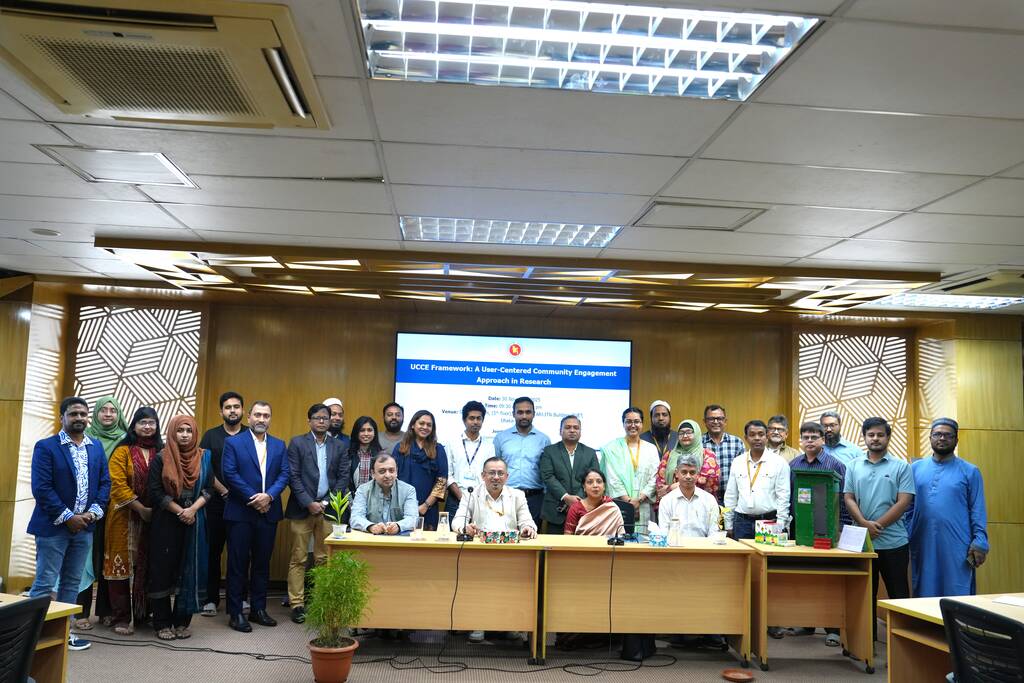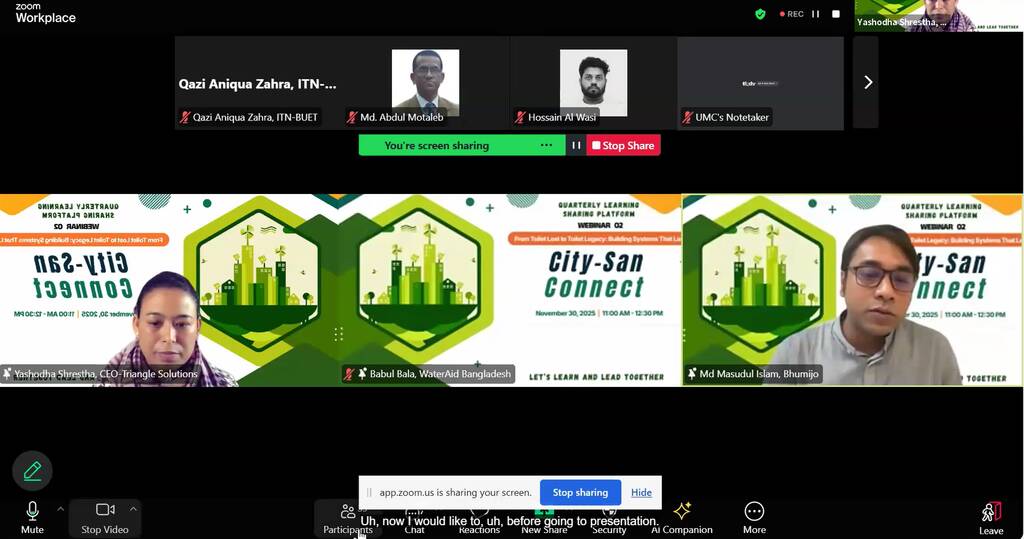To develop a Regulatory Mechanism for Water Supply and Sanitation (WSS) sector in Bangladesh, the Institute of Water Modelling (IWM) and the International Training Network of Bangladesh University of Engineering and Technology (ITN-BUET) organized a consultation workshop on 28 January 2024.
Government officials, development partners, and sector stakeholders attended the workshop focused on establishing a robust regulatory framework to ensure efficient, equitable, and sustainable management of water resources and sanitation services in the country. The event was led by the Ministry of Local Government, Rural Development & Co-operatives (MoLGRD&C) with support from the Asian Development Bank (ADB).
The Chief Guest at the event, Mr. Muhammad Ibrahim, Secretary of the Local Government Division (LGD), MoLGRD&C, expressed the importance of the regulatory mechanism for enhancing WSS services. He emphasized the need to consider the mechanism’s role in reaching people in hard-to-reach areas, particularly in coastal and rural regions. Mr. Ibrahim commended IWM and ITN-BUET for organizing the event.
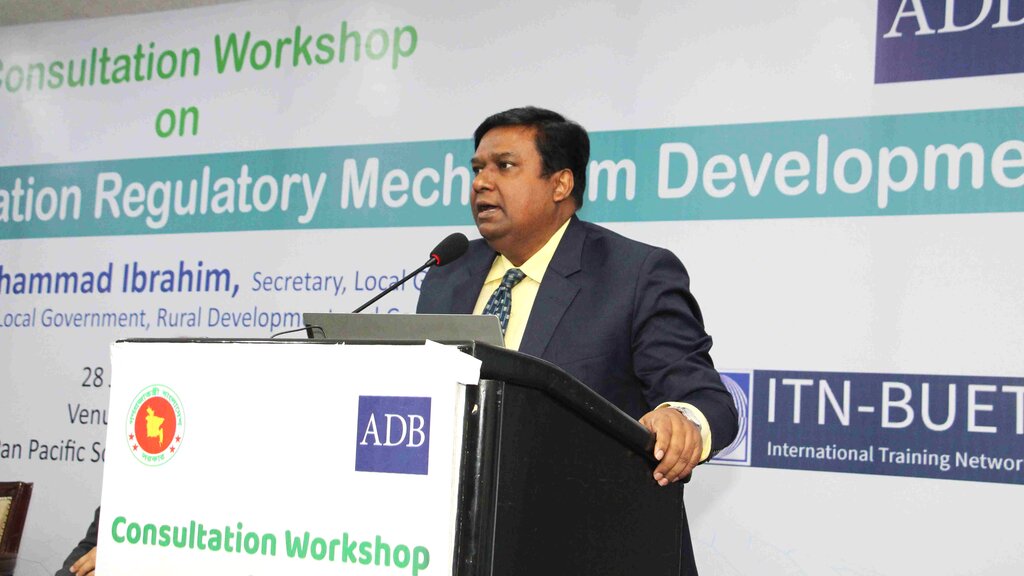
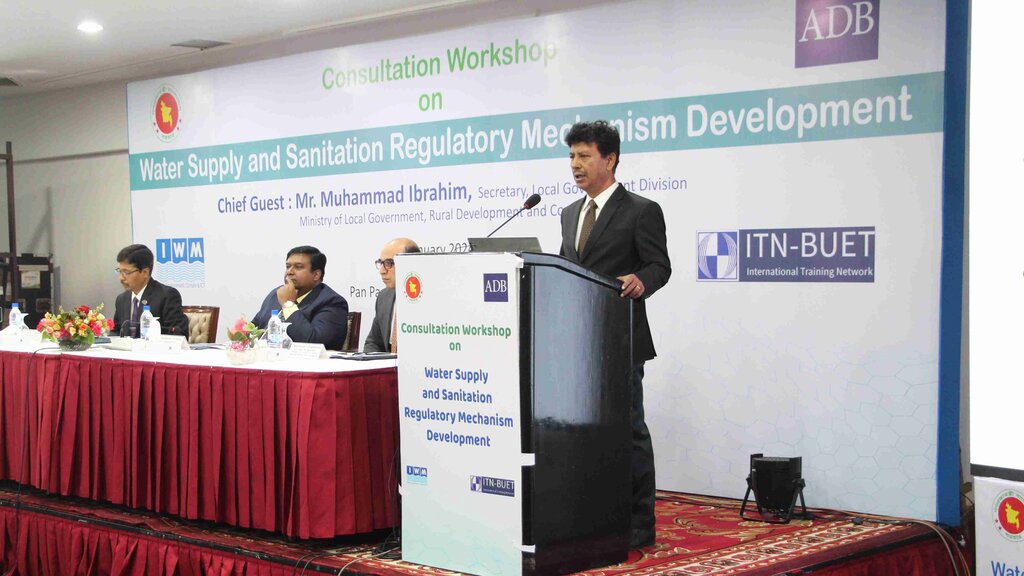
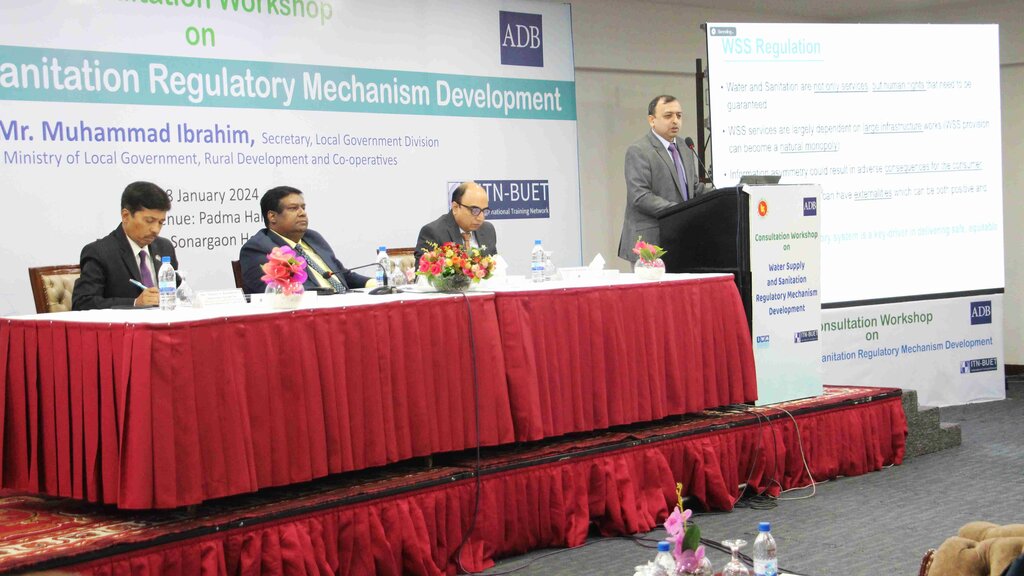
During the workshop, Professor Dr. Tanvir Ahmed, Director of ITN-BUET, delivered a presentation titled ‘Pathways for Developing a Water and Sanitation Regulatory Mechanism in the Context of Bangladesh.’ He highlighted the significance of water and sanitation as human rights and stressed the role of a well-functioning regulatory system in delivering safe, equitable, and reliable WSS services.
Mr. Mantu Kumar Biswas, Project Manager of IWM, presented a briefing on the scope and activities of the technical assistance, outlining the objectives, impact, outcomes, and key activities of the project.
Dr. Malay Choudhury, Additional Secretary of Water Supply Wing, LGD, chaired the workshop. Mr. Alauddin Ahmed, Project Manager of ITN-BUET, facilitated the group discussion on regulatory requirements for non-sewered sanitation in municipalities and city corporations.
Dignitaries and representatives from various government, national, and international organizations, including the World Bank, Asian Development Bank, Department of Public Health Engineering (DPHE), and Water and Sewerage Authorities (WASAs) from different cities of Bangladesh, were present at the consultation workshop.
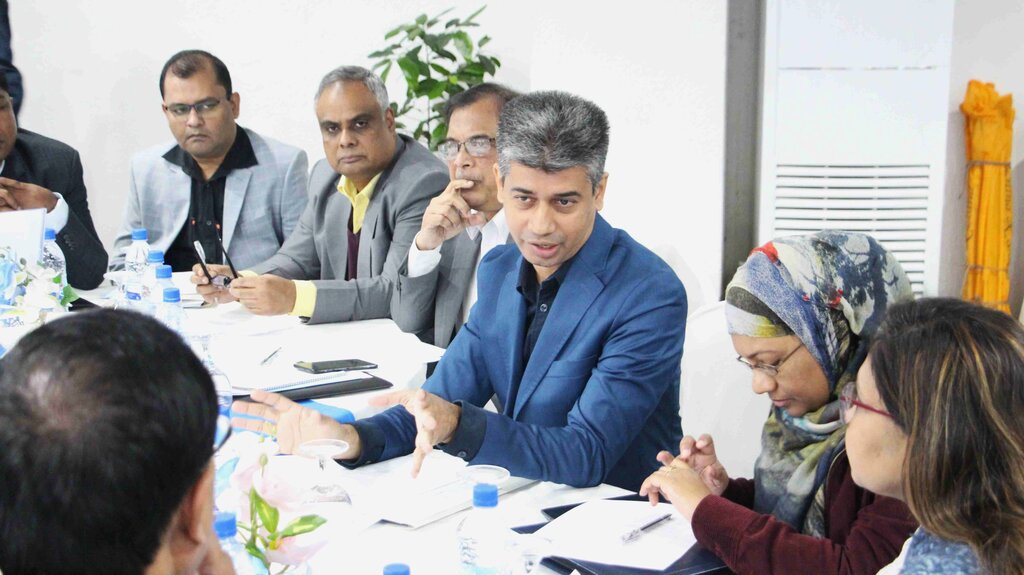

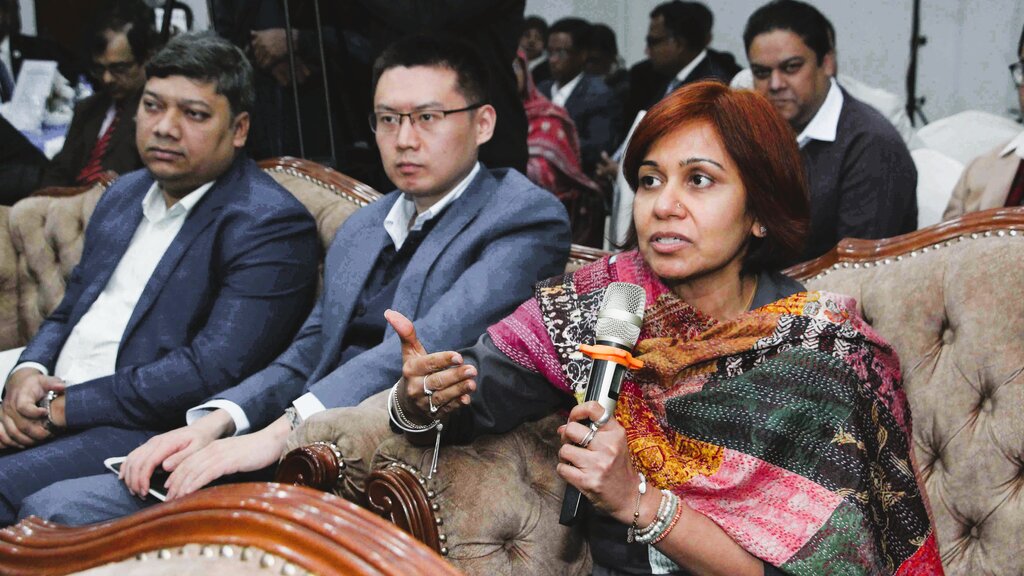
The recommendations emerging from the workshop highlighted the importance of private sector engagement, WASA Act 1996 implementation, promotion of surface water usage, ensuring septic tank functionality, capacity-building, documentation of best practices, tariff management, creation of a commercial entity for service providers, and promotion of water conservation.
The collaborative effort between IWM and ITN-BUET stands as a cornerstone in shaping a comprehensive and effective regulatory mechanism for water supply and sanitation in Bangladesh. This collaboration aims to ensure quality standards, promote efficiency and sustainability, protect consumer interests, encourage private sector involvement, and foster accountability.



